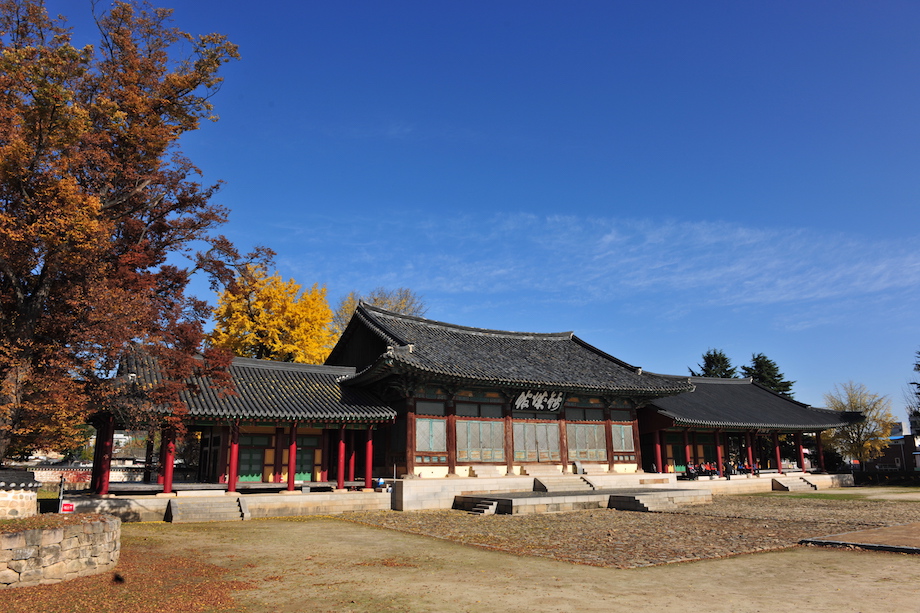네, 긴급 신고 112입니다.
Hello, this is 112.
여보세요, 우리 집에 도둑이 든 것 같아요. 휴가를 갔다가 와 보니까 집이 엉망이 되어 있네요.
Hello, I think there was a burglar broke into my house. I came back from my vacation and my house is in a mess.
다친 분은 없으십니까? 없어진 물건은 확인하셨습니까?
Is anyone hurt? Have you checked the missing items?
다친 사람은 없는데 집에 있던 현금이랑 반지, 귀걸이가 모두 없어졌어요.
No one got hurt, but all the cash, rings, and earrings are missing from the house.
정확한 주소를 말씀해 주세요. 담당 지구 경찰관이 바로 출동하겠습니다.
Please tell me the exact address. The police officer in charge of the district will be on the move right away.
여기는 서울시 미래구 국제동 행복 아파트 121동 2204호입니다. 빨리 와 주세요.
This is Happy Apartment 121-2204 in International-Dong, Mirae-gu, Seoul. Please come quickly.
V+ 어/아/여 보니까
It is attached to the stem of an action verb to mean you found the following fact as a result of the preceding action. You usually use a first-person subject in the antecedent clause.
If the syllable of the stem of an action verb ends with ‘ㅏ or ㅗ’, you should use ‘-아 보니까’. If it ends with another vowel(ㅓ, ㅜ, ㅡ, ㅣ) you use ‘-어 보니까’. When it ends with ‘하-‘, you should use ‘-여 보니까(해 보니까)’.
상자를 열어 보니까 꽃이 있었어요.
There was a flower when I opened the box.
집에 와서 옷을 입어 보니까 좀 작았어요.
The clothes were a little small when I tried them after I came home.
외국에서 살아 보니까 생각보다 좀 힘들어요.
Living in a foreign country is a little harder than I thought.
Related words
도둑 burglar
(도둑이) 들다 (burglar) to break-in
엉망 mass
정확하다 to be exact
담당 in charge
지구 district
출동 move

Source: Yonsei University. Korean Language Institute
